
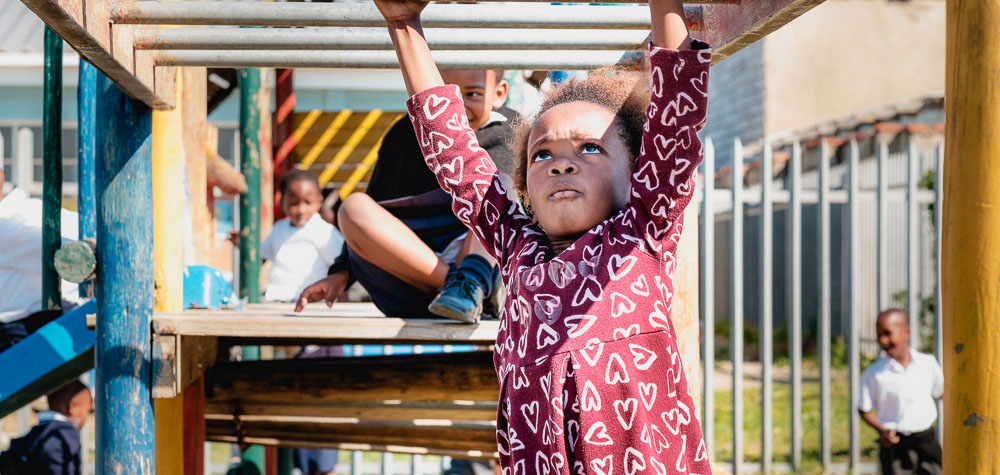
Complementing the KaziBantu programme, KaziPlay playground and sanitation intervention contributes to a health promoting school environment
Play stimulates the imagination and is important for children’s physical, cognitive, social, and emotional development and well-being. Children learn through play as they interact with others and the world around them. To support the children’s play, KaziPlay aims is to enhance playground facilities and toilet ablution facilities at two disadvantaged South African quintile 3 schools in the Northern Area of Gqeberha. The project aims to further develop the existing infrastructure in school-yards in the neglected residential areas and create suitable exercise opportunities. The emphasis of KaziPlay is on the promotion of physical activity and health of primary school children.
The intervention is designed to be participatory: In collaboration with two local architects, sports science impulses as well as the everyday knowledge of the teachers flow into the concrete design. The resulting plans are currently being implemented by two South African architects, partners from Nelson Mandela University, and representatives of the elementary school Mzimhlophe and Machiu from Gqeberha, South Africa. The primary target group of the intervention are learners from grades 1-6.
The results of the project activities were officially handed over (documentary here) to the local authorities and school headmasters by the project leaders. In the future, the local authorities will be responsible for the maintenance of the built infrastructures. Following, a short documentary of the KaziPlay project can be found:
KaziPlay
Construction of sports facilities entails three core elements:
– Based upon the needs and requirements of the respective school. Based upon the PasSPORT to Health Project.
– Integrating elements that promote basic motor competencies.
– Based on designs that can be reused at other schools from low-and-middle-income settings.
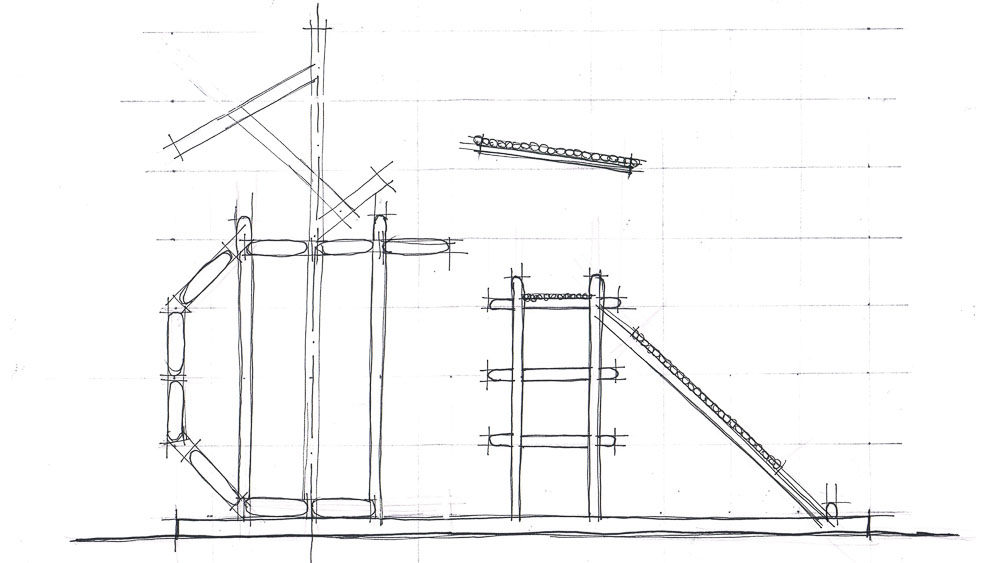
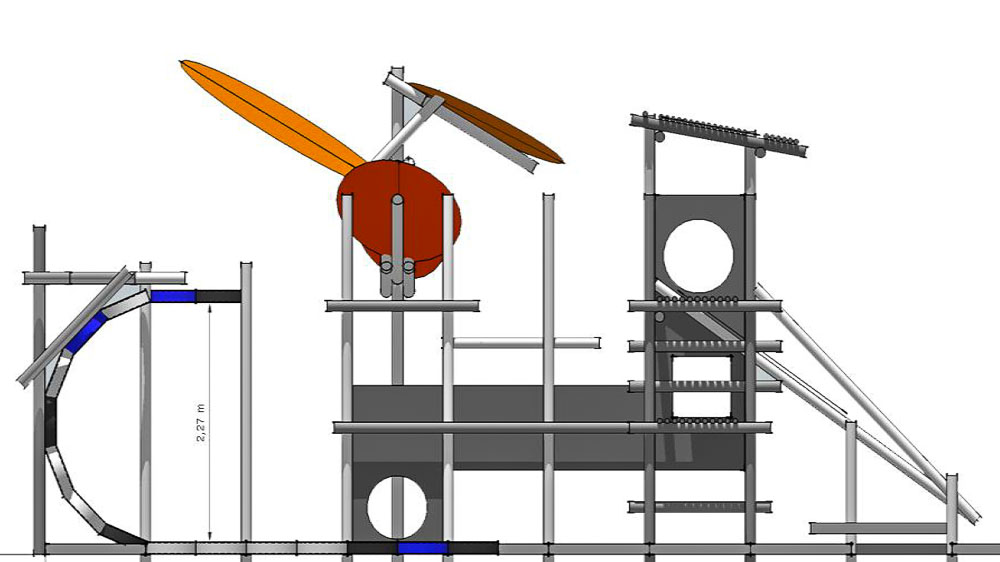
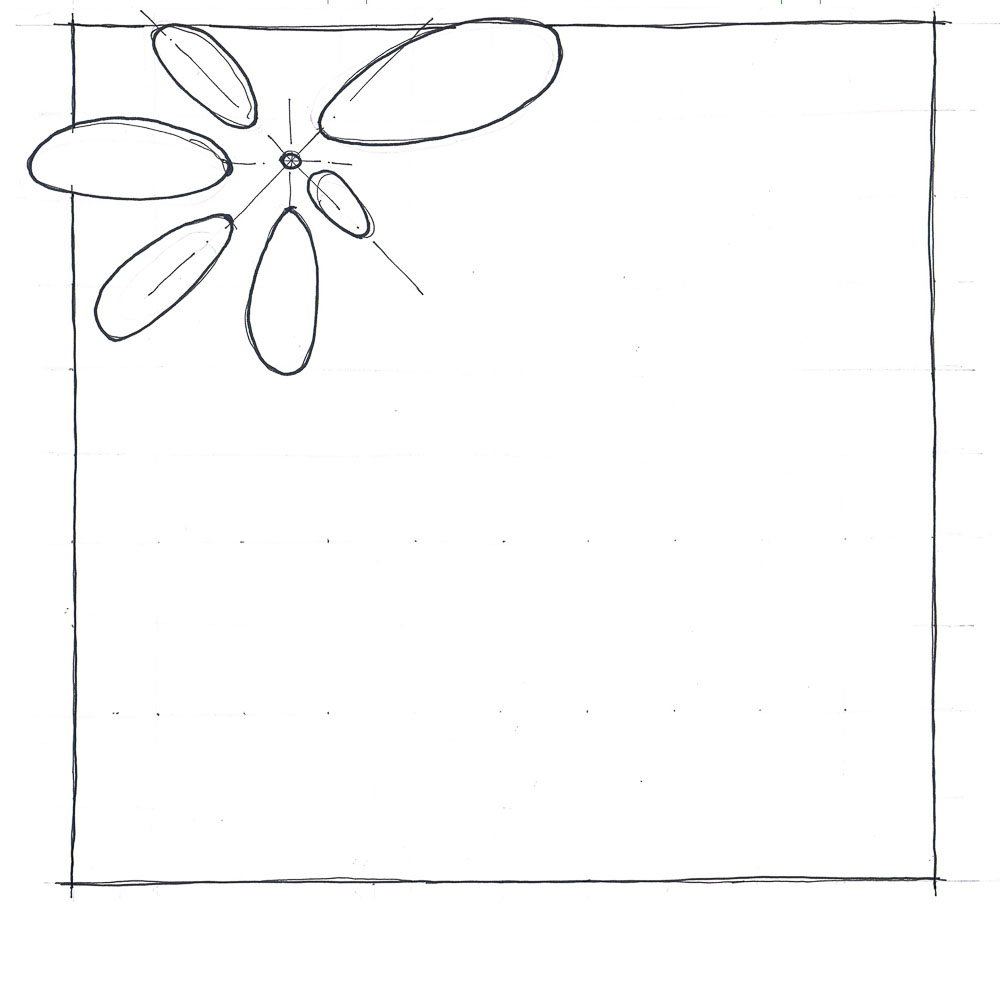
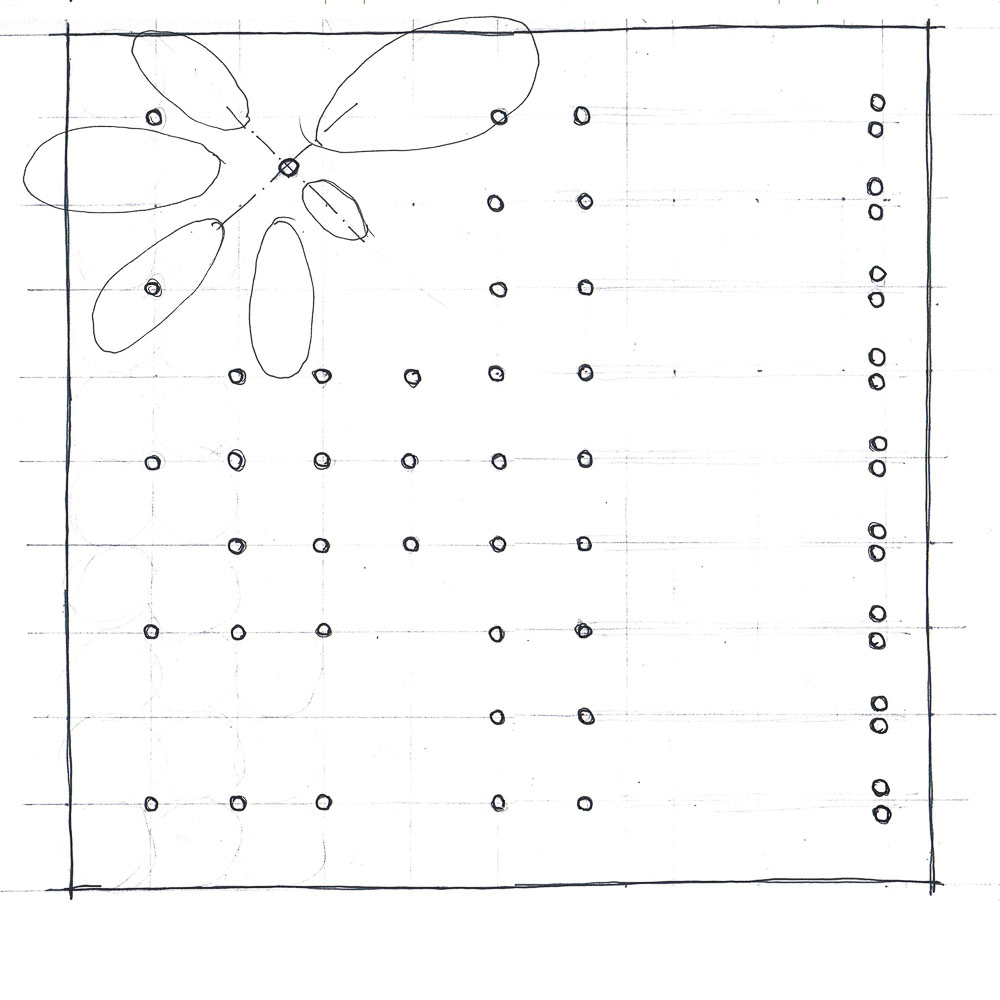
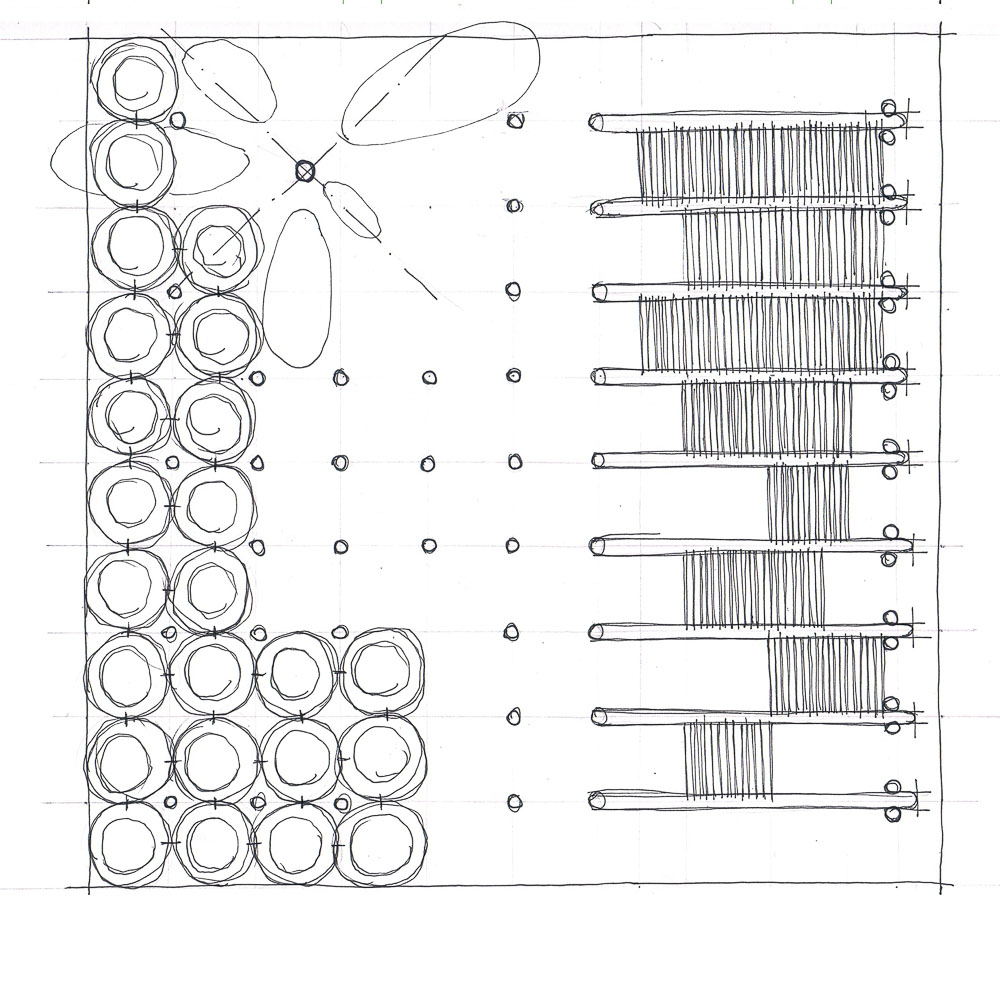
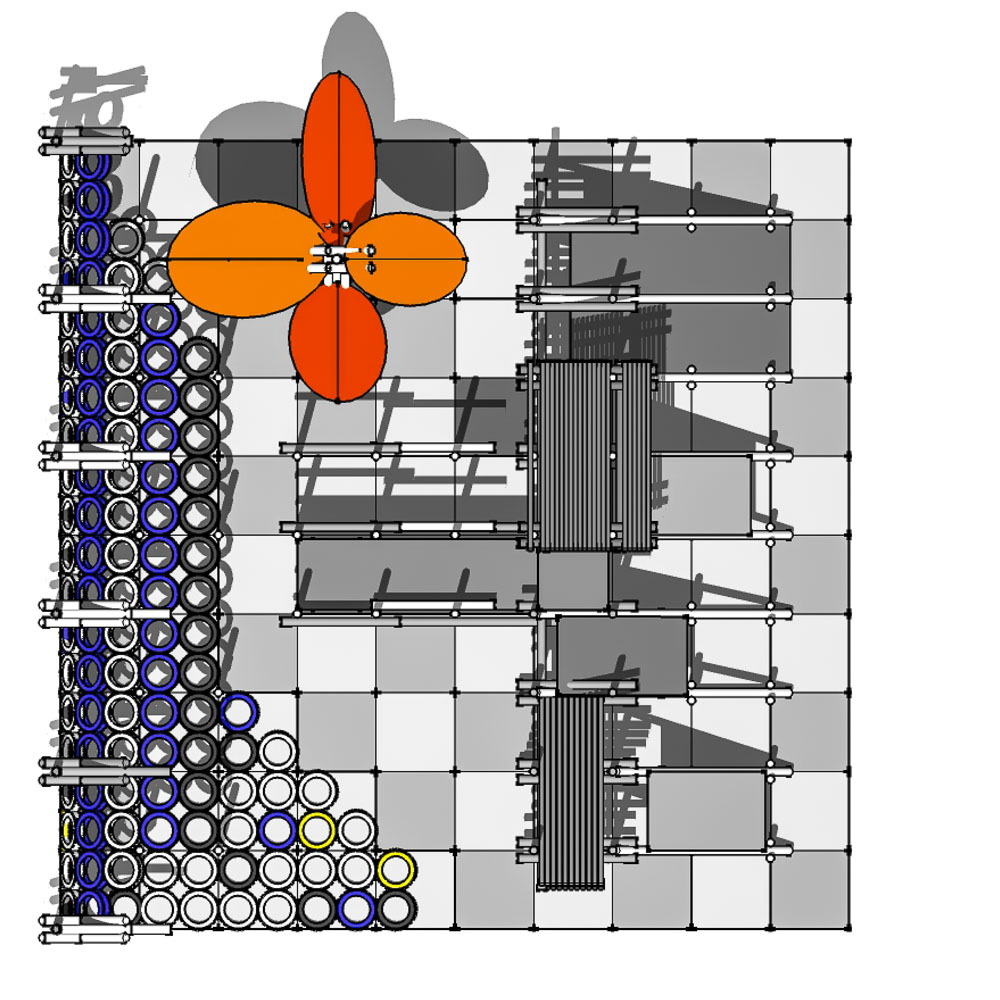
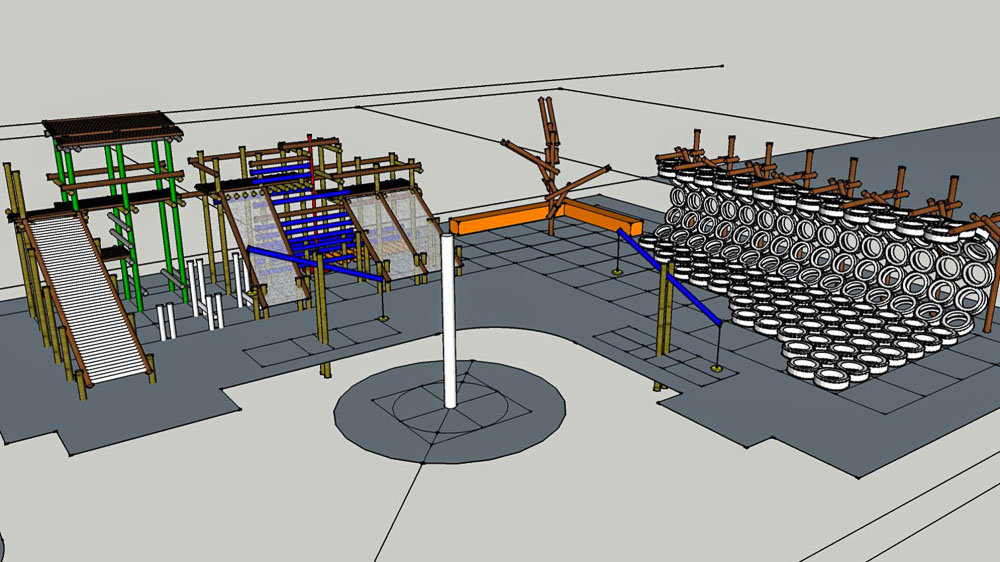
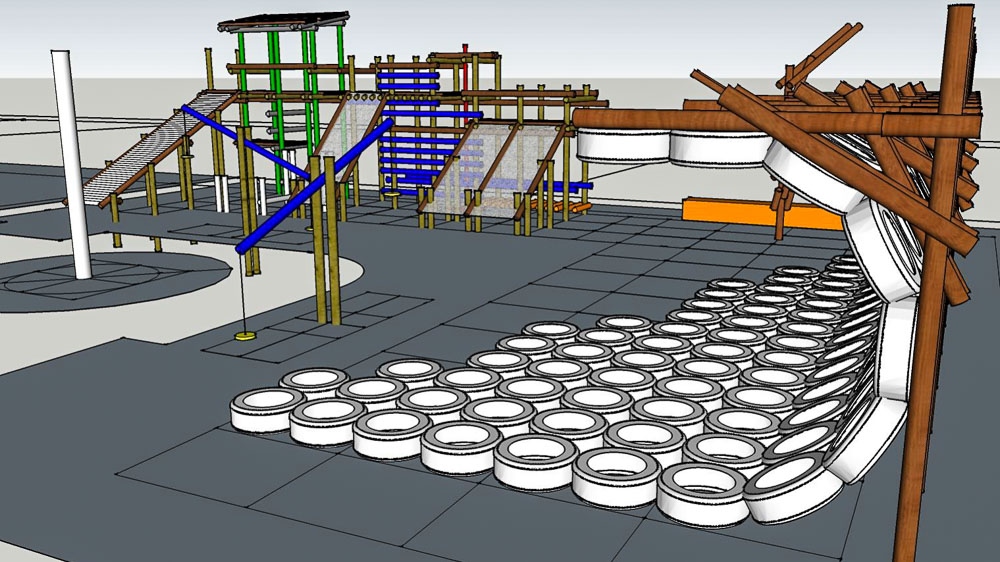
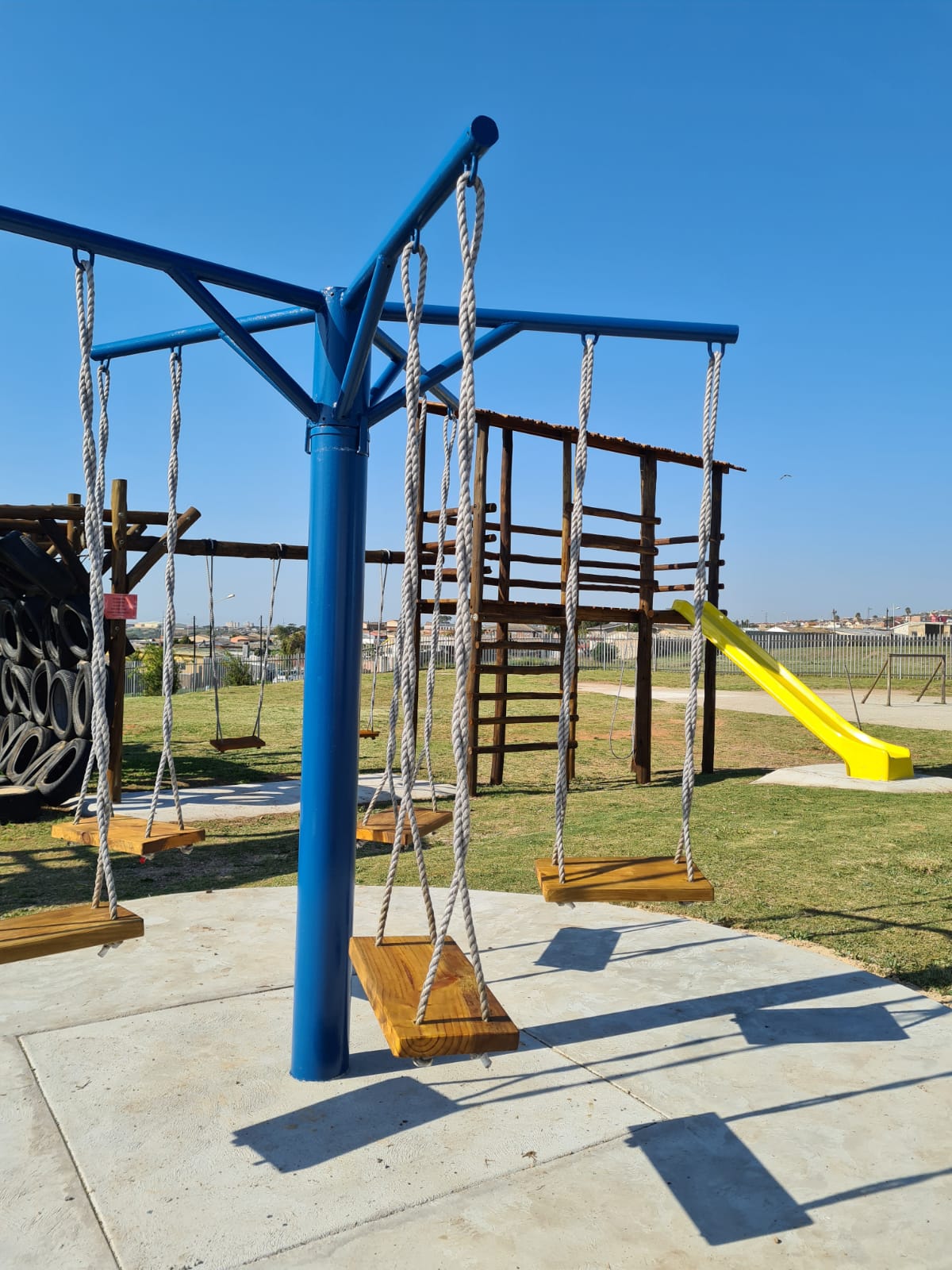
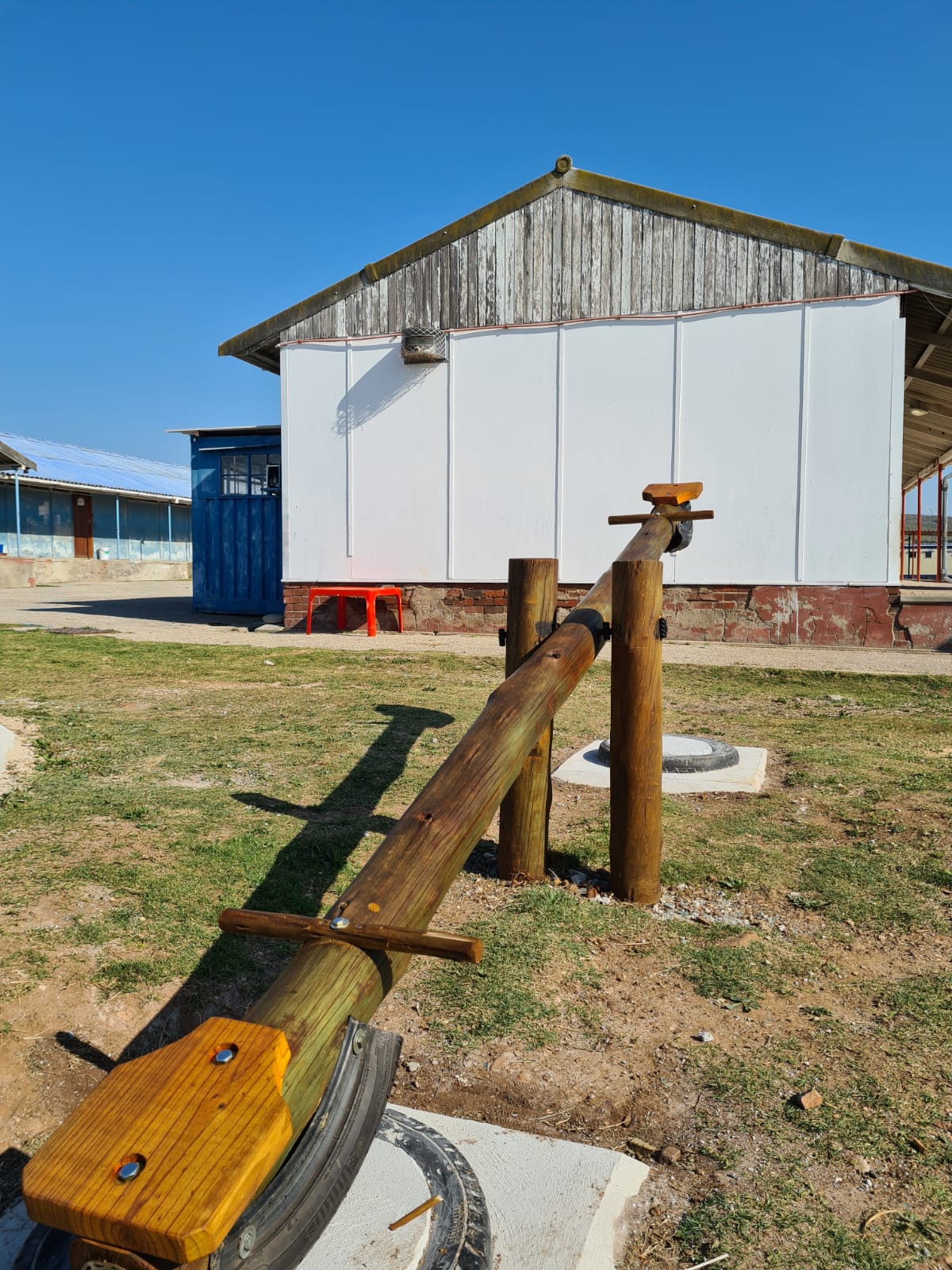
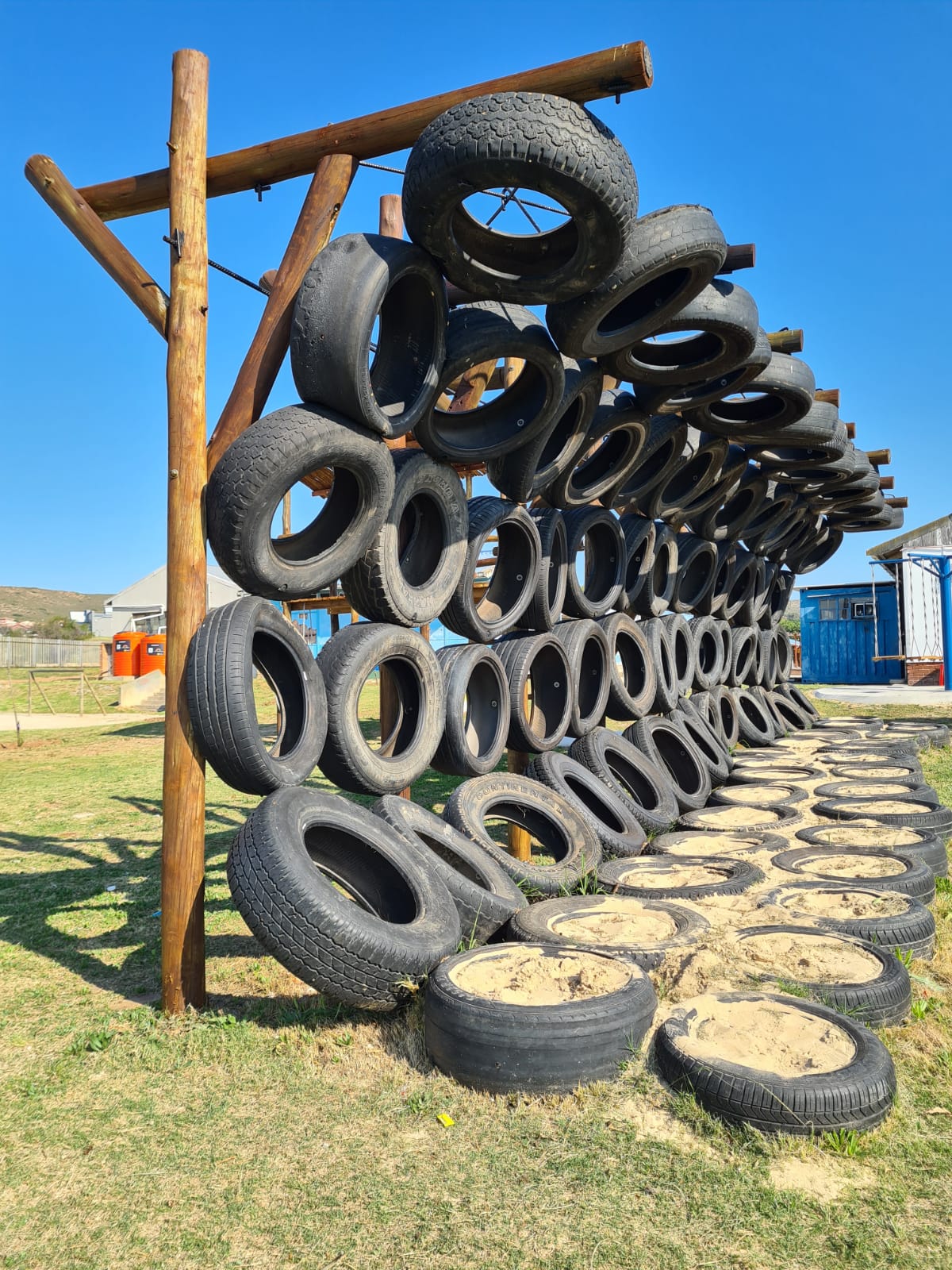
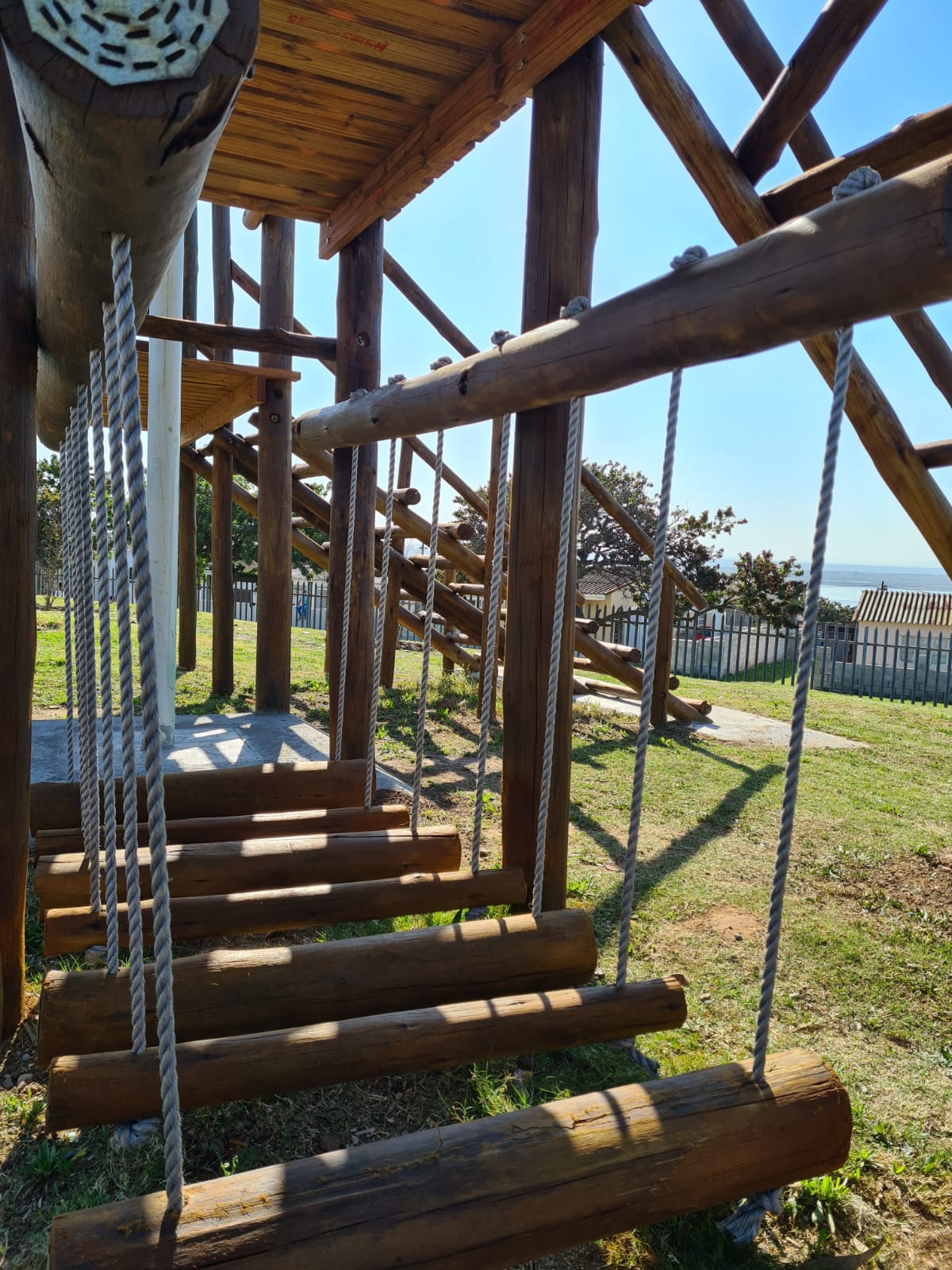
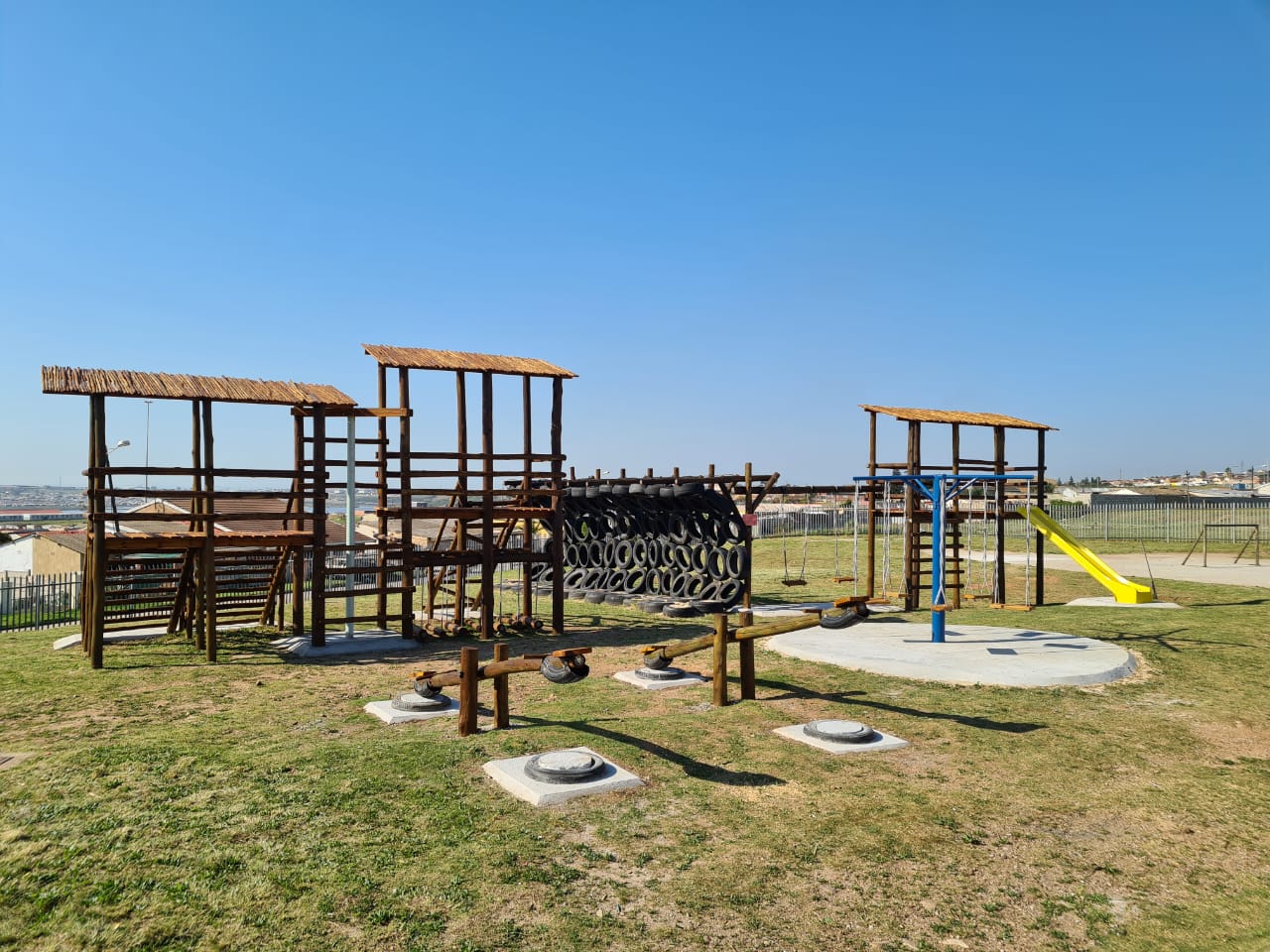
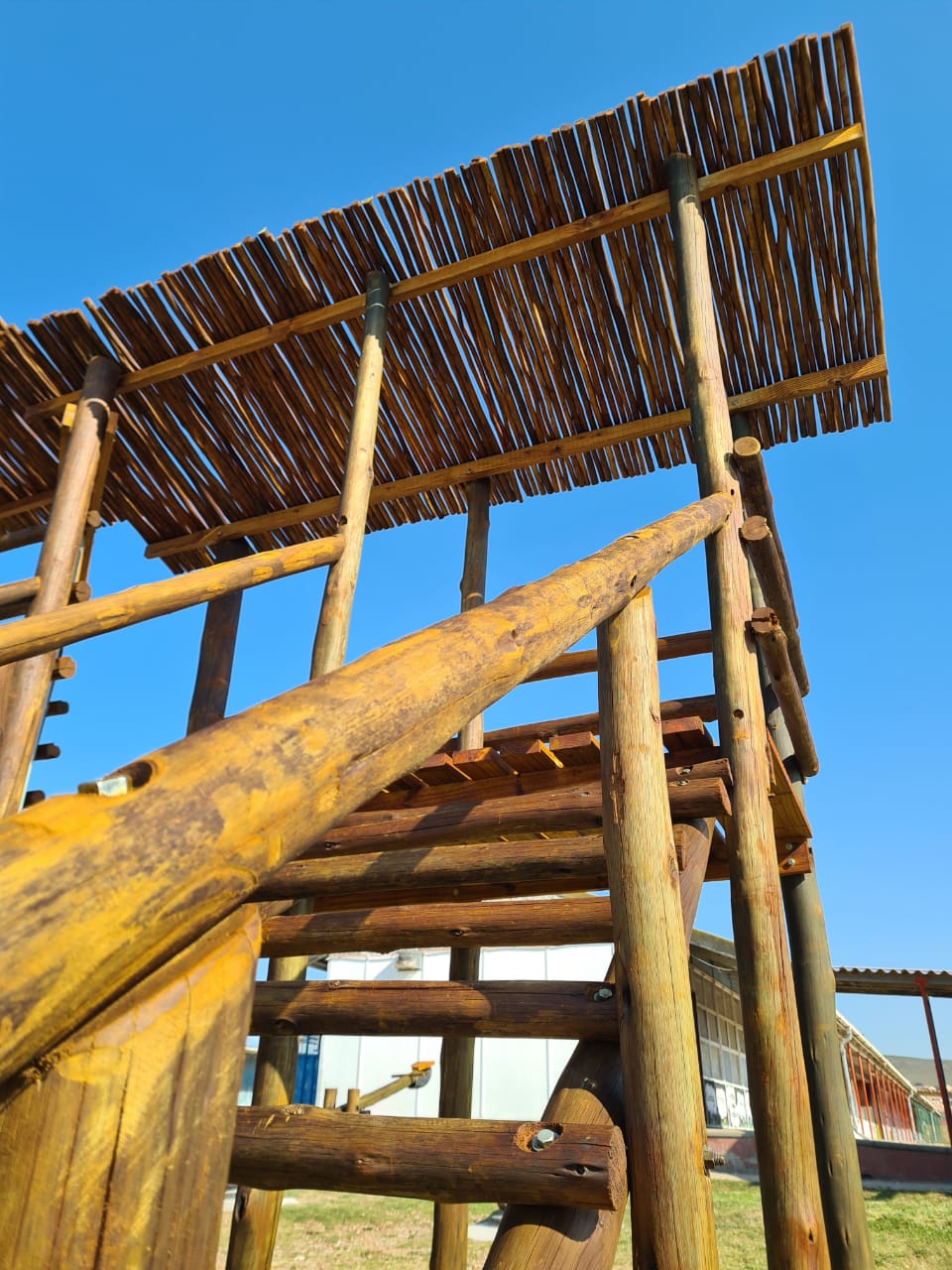
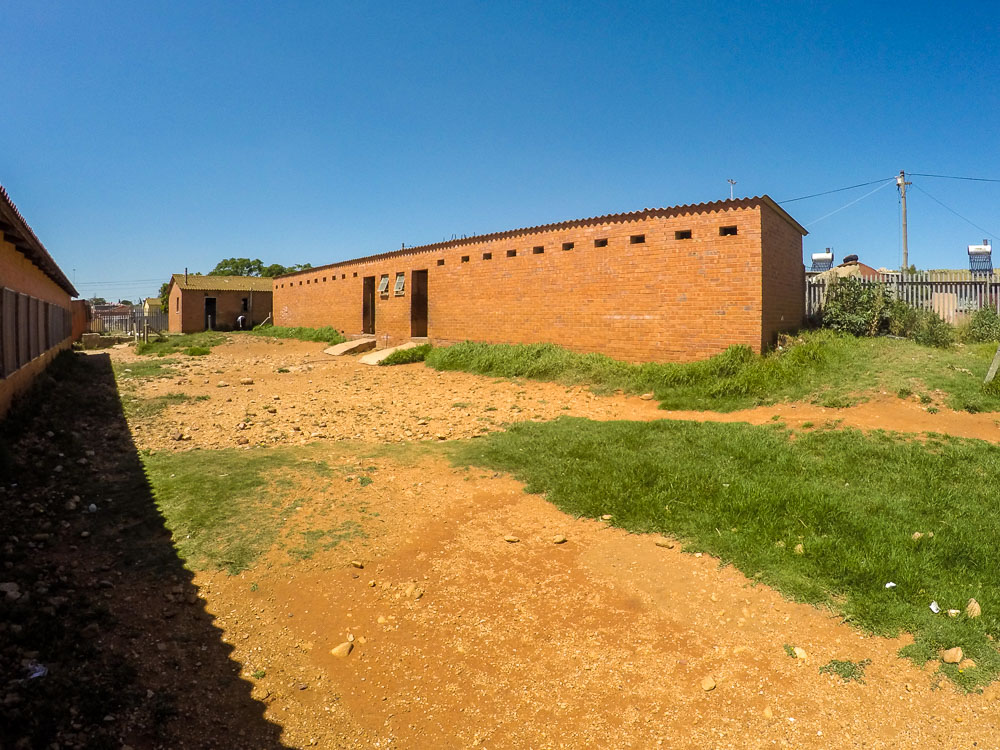
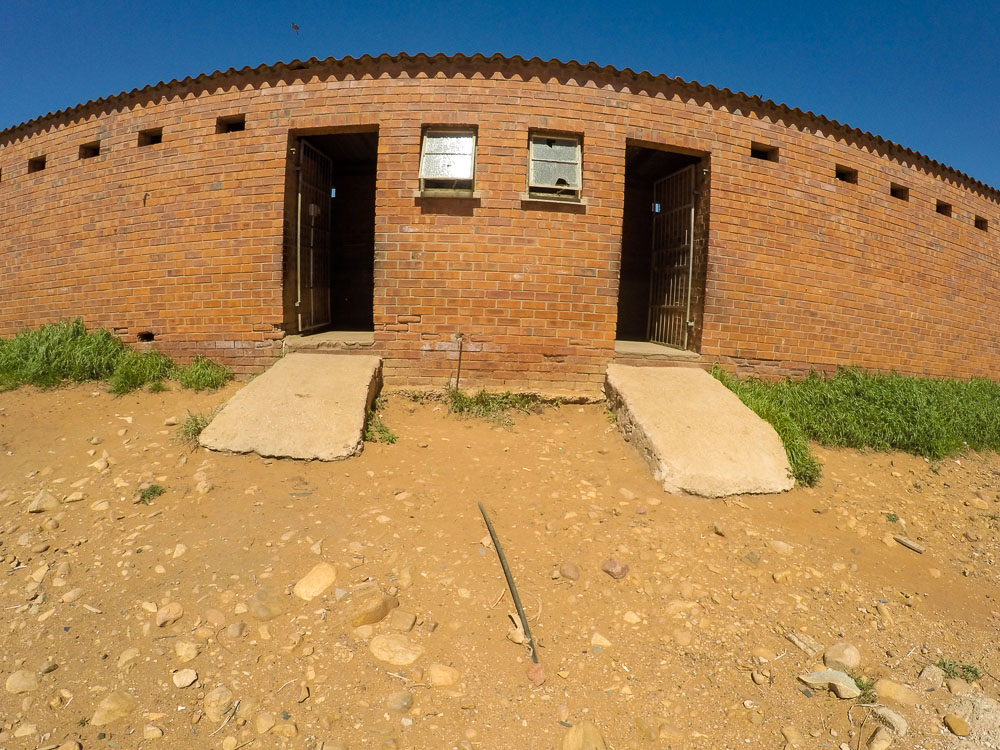
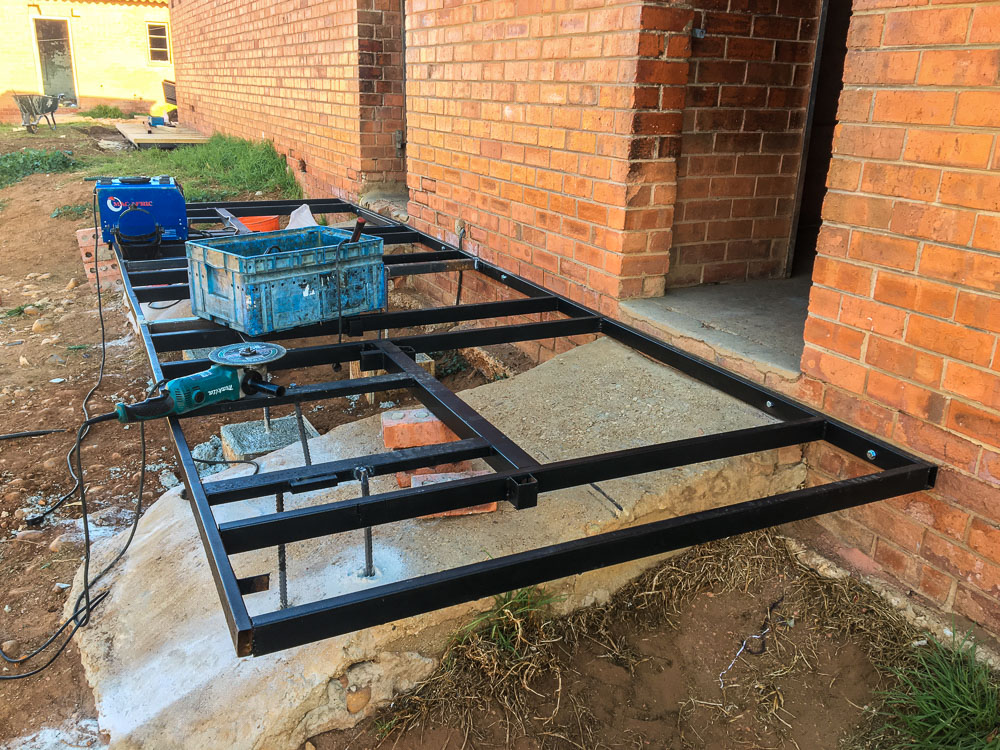
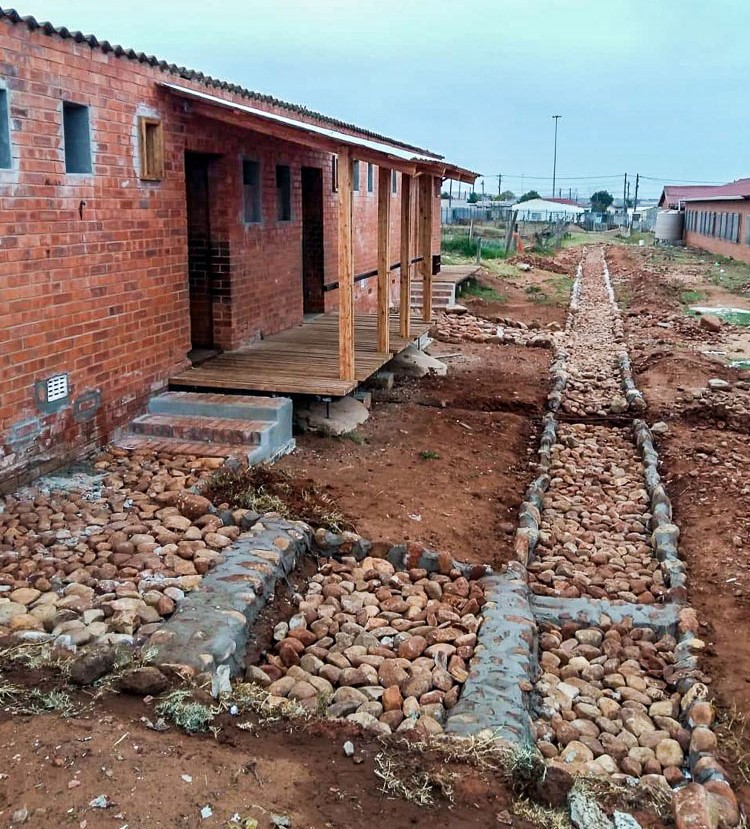
Renovations of toilet ablution facilities
Based upon the needs and requirements of the respective schools. Based on designs that can be reused at other schools from low-and-middle-income settings (photos and plans: KaziBantu team 2023).
